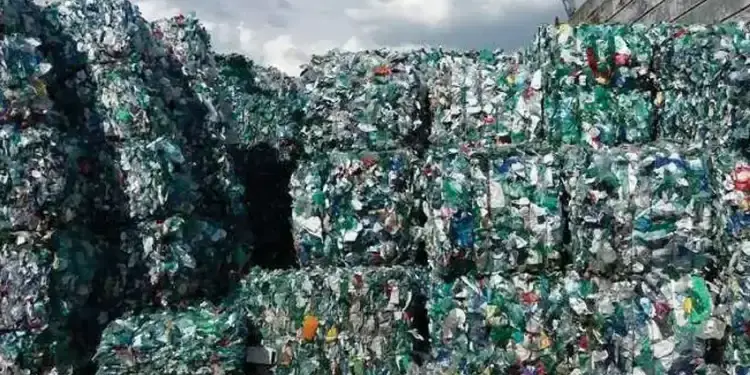Djerba is preparing to accommodate a pilot unit for the valuation of organic waste. Supported by the United Nations Development Program (UNDP), in partnership with the National Energy Management Agency (ANME) and the National Waste Management Agency (Anged), this project benefits from funding from Japan and the Italian climate fund. The ambition is clear: to transform biodechets from hotel activity into renewable energy, in a logic of circular economy.
The project and stages project
The official launch took place in April 2025, followed by an implementation agreement signed at the end of May. The Biomethane factory is presented as a demonstrator intended to prove the technical, economic and environmental viability of the methanization of organic waste. Media sources mention an annual capacity of 6,000 tonnes, but this figure does not yet appear in official documents and requires confirmation.
Why Djerba?
The choice of the island is not trivial. Major tourist destination listed as a UNESCO World Heritage Site, it concentrates a significant production of organic waste linked to hotel and catering. This deposit offers conducive terrain to test methanisation at the local level. The project wants to make Djerba an ecological and economic showcase, demonstrating that innovative waste management can also create jobs and strengthen environmental resilience.
A national dynamic underway
The Djerba factory is not part of a void. In February 2025, Sousse already put into service the first electricity production pilot unit from biomethane from his Oued Laya discharge. This project, supported by Anged and international partners, proves that the energy valuation of waste is no longer a simple concept in Tunisia.
In Sfax, a larger -scale project is being prepared. It plans to treat around 50,000 tonnes of waste per year, to produce nearly 1.9 million cubic meters of synthetic gas, mainly intended to feed a taxi fleet.
Read also:
Expected fallout
The expected benefits go beyond the simple energy production. The project should reduce the volumes of waste put in discharge, limit greenhouse gas emissions, promote the creation of green jobs and stimulate a local collection and maintenance sector.
For Tunisia, the issue is also strategic: diversifying your energy mix, reducing its dependence on fossil fuels and advancing towards the energy transition objectives.
The challenges to be met
Some questions remain open. The real capacity of the Djerba unit must be confirmed. The success of the project will also depend on the implementation of an adapted collection logistics, in particular with hotels and restaurants, and a clear contractual framework with the Tunisian electricity and gas company for the purchase or injection of the energy produced. Finally, the extension of this model to other regions will require stable funding, clear governance and adapted incentives.
Towards a national valuation strategy
With Djerba, Sousse and Sfax, Tunisia sets the groundwork for a national waste value strategy. These complementary initiatives reflect a political and institutional desire to move from a classic waste management to a circular and sustainable approach. If they lead, they could position the country as a pioneering player in the circular economy in North Africa.








